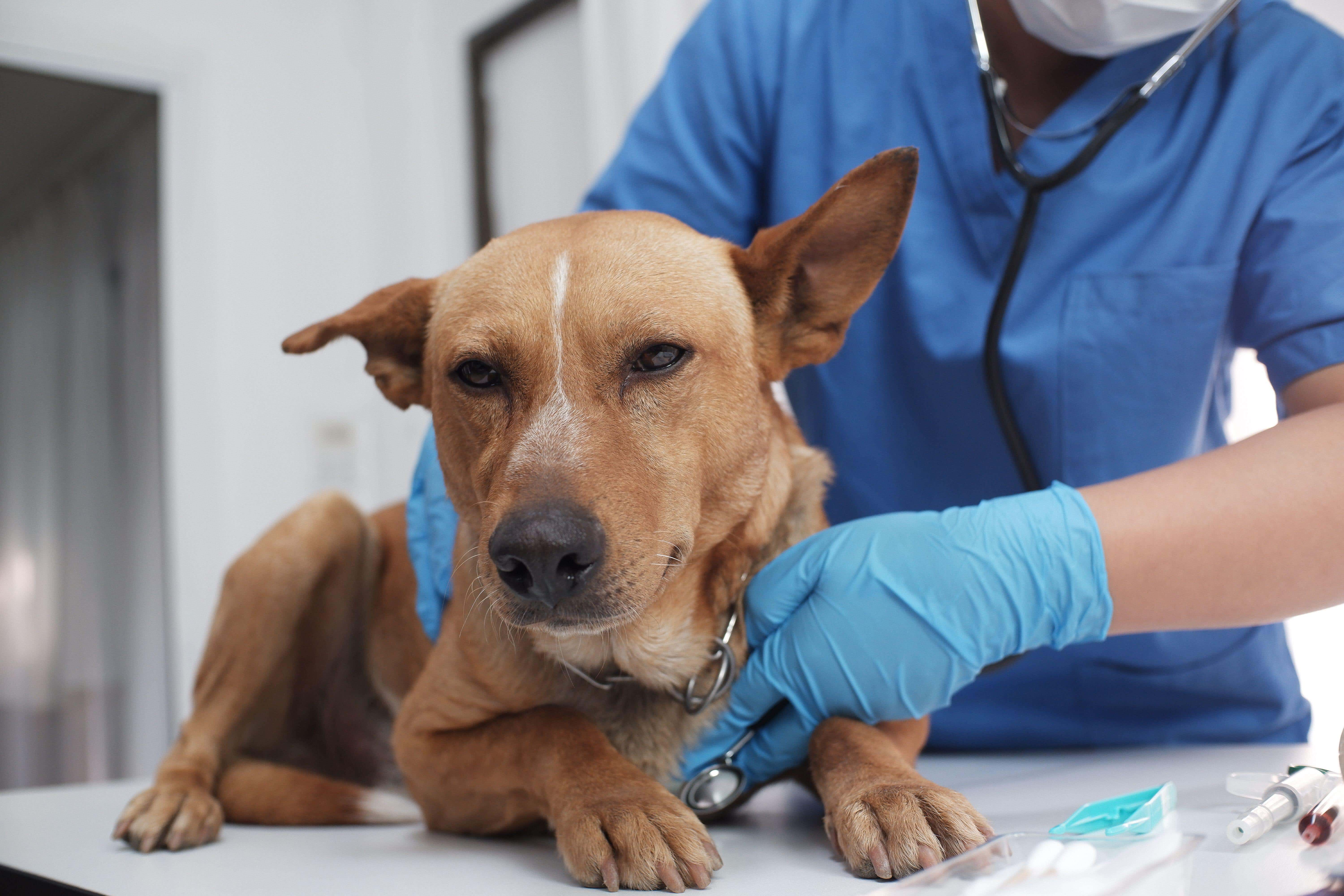Air pollution increasing number of vet visits for cats and dogs – research
Five years of data on more than seven million visits to veterinary practices across the UK was analysed.

High levels of air pollution have led to significant increases in the number of vet visits for both cats and dogs, research suggests.
A team at the London School of Economics’ Grantham Research Institute analysed five years of data on more than seven million visits to veterinary practices across the UK.
Looking at this alongside hourly readings from air pollution monitors from UK Air, the researchers estimated how fluctuations and spikes in fine particulate exposure led to impacts on pet healthcare visits.
They found that an increase of one microgram per cubic metre in average air pollution over a week leads to a 0.7% increase in vet admissions for both cats and dogs.
Improving the air we breathe could lead to huge savings in vet bills and cut out unnecessary stress for pet owners
This increase is of a similar scale to effects found in studies that have looked at air pollution and hospitalisations, the researchers added.
The study also found that reducing pollution levels to meet recommendations set by the World Health Organisation would result in 80,000 fewer vet visits per year.
This means the annual savings in pet care utilisation costs alone would be roughly £15 million with the paper adding that the total economic benefits would likely be “considerably higher”.
Dr Stephen Jarvis, assistant professor in environmental economics at the London School of Economics, said: “Tackling air pollution is important for the climate, for health and the lives of our pets.
“Improving the air we breathe could lead to huge savings in vet bills and cut out unnecessary stress for pet owners.
“The economic and emotional benefits are there, and these findings highlight that tackling air pollution doesn’t just benefit people, it’s good for our pets too.”
The study comes as the first large-scale empirical analysis of the health impacts of air pollution on pets, the team said.
While research has found that one in every six human deaths in 2019 was attributed to air pollution and the primary driver of pollution-caused mortality is exposure to fine particulate matter, there has been relatively little study on how the issue affects animal health.
The study said this lack of research “is particularly concerning, given the particular value people place on the wellbeing of their pets”.
The team analysed data from the Small Animal Veterinary Surveillance Network (Savsnet) database – administered by the University of Liverpool – between January 2017 to September 2022.
The database includes visit information from around 5% of the five thousand veterinary practices in the UK.
The researchers said their estimation sample contained data on roughly 3.8 million unique cats and dogs, with 1.9 million visits for cats and five million visits for dogs.
A Defra spokesperson said: “The Government is committed to cleaning up our air and protecting the public and pets from the harm of pollution.
“We are developing a comprehensive and ambitious Clean Air Strategy to deliver legally binding targets on improving air quality.”
Bookmark popover
Removed from bookmarks